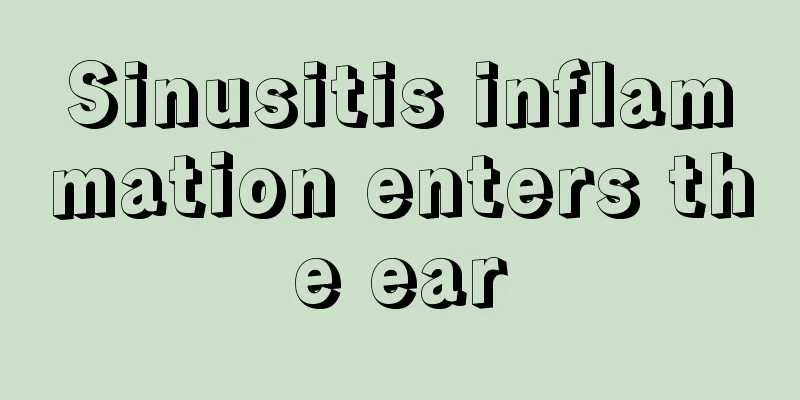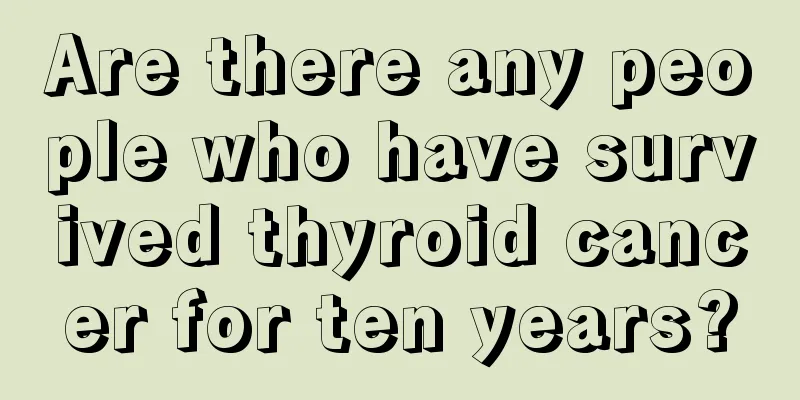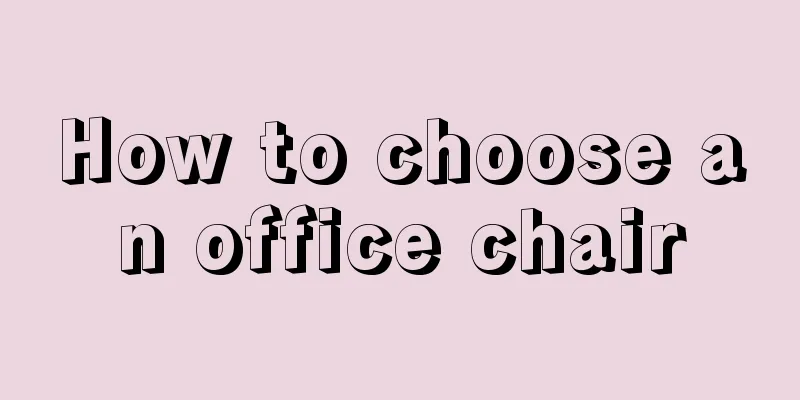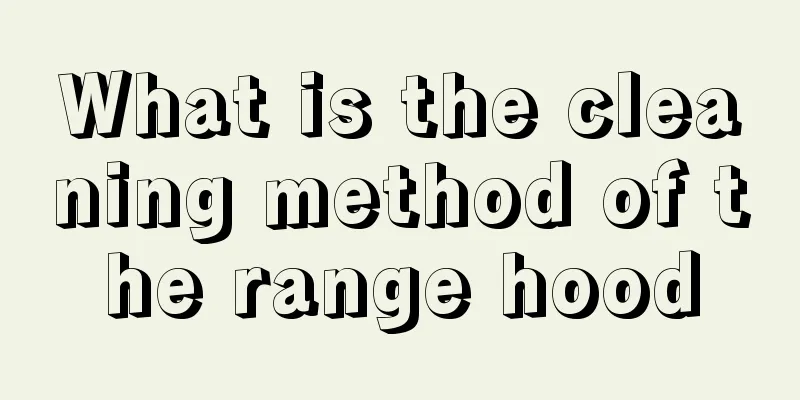Sinusitis inflammation enters the ear

|
Everyone knows that sinusitis is one of the more common chronic diseases in life. Sinusitis has strong adhesion and is difficult to eliminate once it occurs. Therefore, conventional treatment of sinusitis is a very difficult task. In addition, the inflammation of sinusitis will also metastasize and affect the health of other parts. For example, the occurrence of ear inflammation is related to sinusitis. Let’s take a look at how sinusitis inflammation enters the ear? For sinusitis-related nasal mucosal congestion and edema, which leads to secretory otitis media caused by poor patency of the Eustachian tube, it is recommended to use budesonide nasal spray, Biyuanshu oral solution, and oral amoxicillin capsules to promote recovery. Avoid eating spicy foods. Sinusitis can sometimes also affect ear inflammation. It is recommended that you go to the ENT department of a regular hospital for diagnosis and targeted treatment. You should also strengthen your physical exercise, enhance your immunity, and prevent colds. If the symptoms are severe, you can also do sinus irrigation. In severe cases of sinusitis, the pharyngeal opening of the Eustachian tube may be blocked or the Eustachian tube itself may become inflamed and edematous. At this time, ear discomfort symptoms will appear, such as stuffy ears and hearing loss. Therefore, the primary disease must be treated actively. The Eustachian tube of an adult is 3.5 to 4.0 cm long. Its function is to maintain equal air pressure in the tympanic chamber to maintain the balance of pressure inside and outside the eardrum. Therefore, when nasal secretions increase during rhinitis and affect nasal breathing, or when water enters the nasal cavity during swimming, in order to blow out the secretions or water, pinch both nostrils with your hands and blow out hard. This is the easiest way to squeeze the secretions into the middle ear. The correct way to blow your nose is: press only one nostril, gently blow out the secretions in the opposite nose, then switch to pressing the other nostril and gently blow out the secretions in the opposite nose. If the nasal cavity is blocked, do not force yourself to blow your nose, and do not increase the force of blowing your nose without restriction, otherwise the secretions will be blown into the middle ear. If conservative treatment of secretory otitis media is ineffective after the sinusitis inflammation is controlled, it is recommended to perform tympanic membrane puncture and fluid extraction first. If the effusion recurs and two or three punctures are ineffective, consider tympanostomy tube placement. This operation is a minor operation. Fees vary from province to province. |
<<: Are people who fart frequently healthy?
>>: Is pemphigus vulgaris easy to treat if discovered early?
Recommend
What are the early symptoms of skin cancer?
Everyone knows that skin diseases are not easy to...
Premonitions of brain herniation, emergency treatment is required if symptoms are detected
The most obvious symptom of brain hernia is incre...
What is the reason for acne on the top of the head
During adolescence, many people will develop acne...
Should pregnant women wear radiation protection clothing?
There are now various anti-radiation clothing pro...
How long does kidney stone pain last
There are many reasons for the formation of kidne...
How to treat thick yellow tongue coating with damp heat
Traditional Chinese medicine emphasizes symptomat...
Remind you, don't buy these clothes
In expensive specialty stores, we are all very re...
What's wrong with the pain in my thick vest
Many people feel a sudden pain in their heart and...
Postoperative complications and treatment methods of pancreatic cancer
Currently, the most effective treatment for pancr...
It hurts to walk after five months of fracture
A fracture is a break in a bone caused by a viole...
There is a lump in the thigh
If a lump appears in the thigh, you must go to th...
What are the common symptoms of lung cancer? If you have these symptoms, be careful that it is lung cancer
What are the common symptoms of lung cancer? Nowa...
“Stand on tiptoes” to see how long you can survive
Although health preservation has a solid populati...
Causes of abo hemolysis disease
Many people want to fully understand the cause of...
What are the effects of alfalfa enzyme
Many people may not know what effects and functio...









